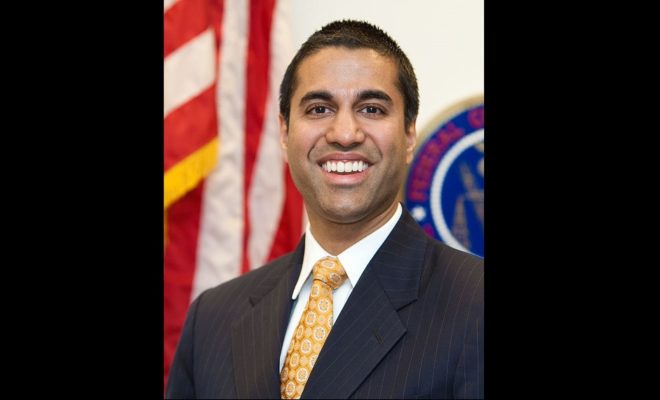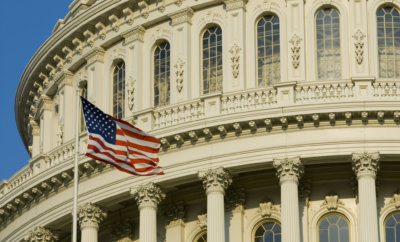Business
U.S. FCC Chairman Moves to Repeal Obama-era Net Neutrality Rules

Ajit Pai
Wikimedia Commons
The current rules are “heavy-handed public-utility style regulations,” FCC chairman Ajit Pai said.
Net neutrality in the United States may soon become a thing of the past as Ajit Pai, the first Indian-origin chairman of the Federal Communications Commission of the country, proposed to repeal the Barack Obama-era rules.
“Under my proposal, the federal government will stop micromanaging the internet,” Pai said in a statement. He added that the new policy would “restore internet freedom and eliminate heavy-handed internet regulations.”
Currently, the Internet Service Providers (ISP) in the United States cannot slow down internet speed or block access for any website. He said that the new bill will ensure that there is a return to the bipartisan, light-touch framework that has helped America’s Internet economy become the world’s envy.
Pai called the regulations adopted in 2015 as heavy-handed public-utility style regulations, which have stifled infrastructure network investment and innovation.
“Repealing these regulations will create jobs, increase competition, and lead to better, faster, cheaper Internet access for all Americans. My view is that the Internet should be run by engineers and entrepreneurs, not lawyers and bureaucrats,” Pai said.
Net neutrality is a concept that asks for all data to be treated equally. In India, when the debate was raging more than two years ago, the telecom authority adopted measures so that Facebook’s free basic facility had to exit.
Several internet companies in the United States, such as Netflix, Google and others are against Pai’s proposal, while ISPs like Verizon and AT&T Inc. are in support of the proposal. Heavy lobbying is expected from both sides before the decision is finally taken in December this year. Internet companies have also urged the public to speak for net neutrality so they can continue enjoying the same speed for all data, instead of having to pay for specific packages.
“And unlike the previous administration, which pushed through its Internet regulations without letting the public see what was being proposed, anyone can read my plan. It’s on the Commission’s website — more than three weeks before our scheduled vote,” Pai, a Harvard alumnus whose parents are Konkani immigrants from India, said in a statement.
The proposal released by Pai said that over 20 years ago, President Bill Clinton and Republican Congress established the policy of the United States to preserve the vibrant and competitive free market that presently exists for the Internet. For decades, Commission policies encouraged broadband deployment and the development of the Internet. That ended two years ago. In 2015, the Commission imposed heavy-handed, utility-style regulation on Internet service providers (ISPs). Since then, broadband investment has fallen for two years in a row — the first time that that’s happened outside a recession in the Internet era. And new services have been delayed or scuttled by a regulatory environment that stifles innovation, supporters of the move say.




You must be logged in to post a comment Login